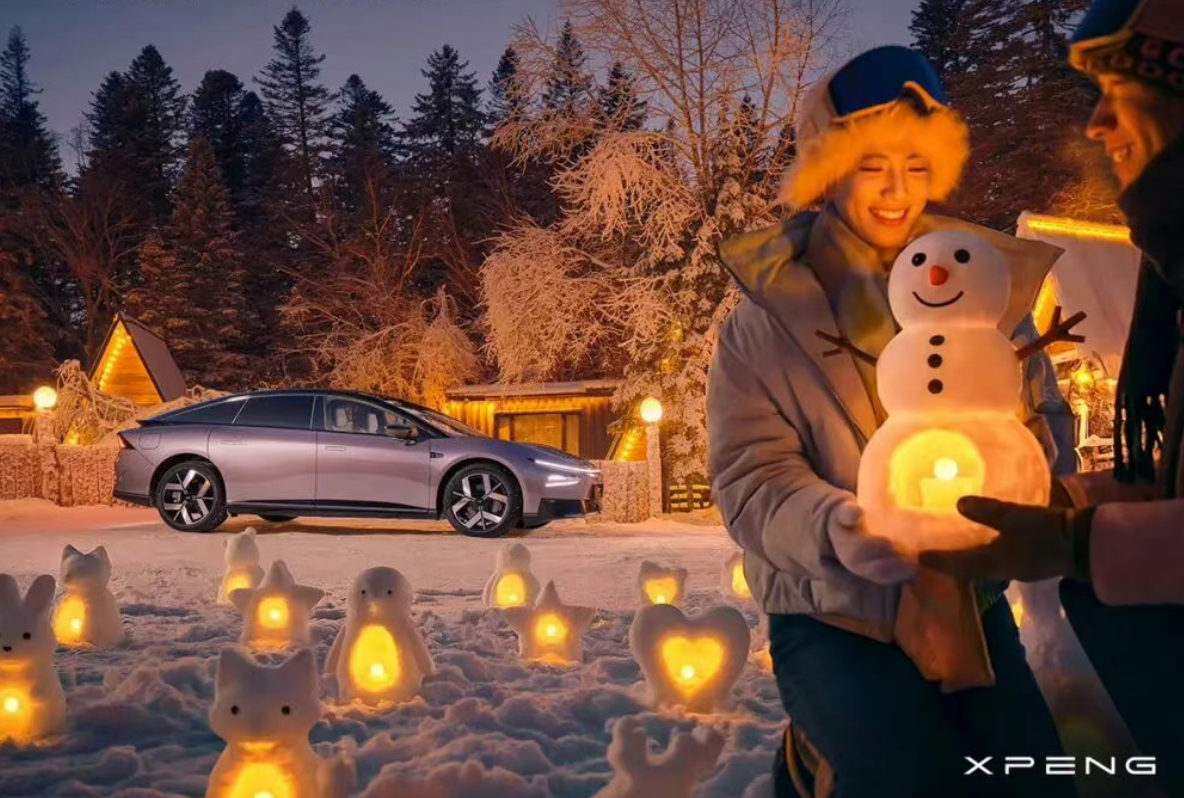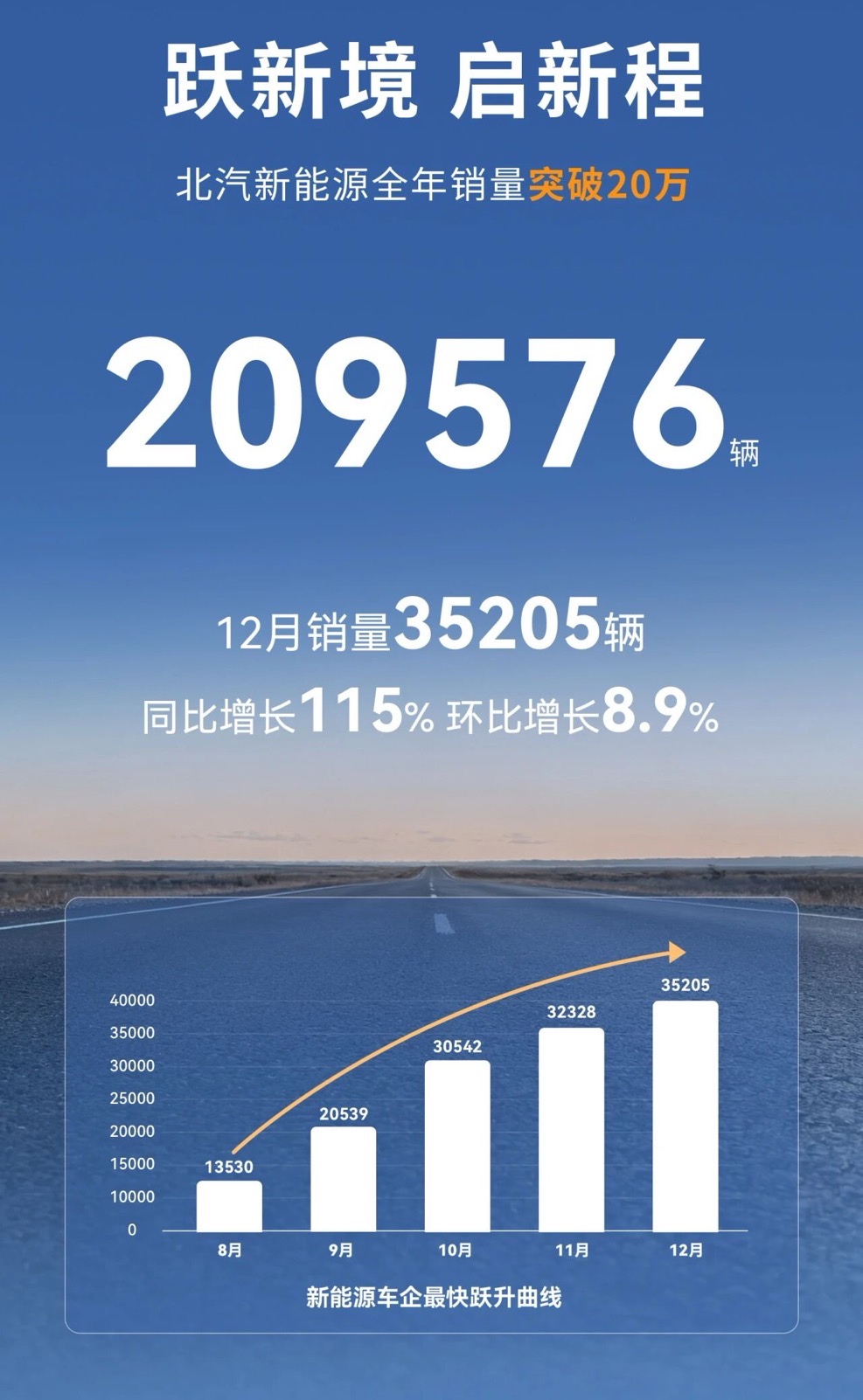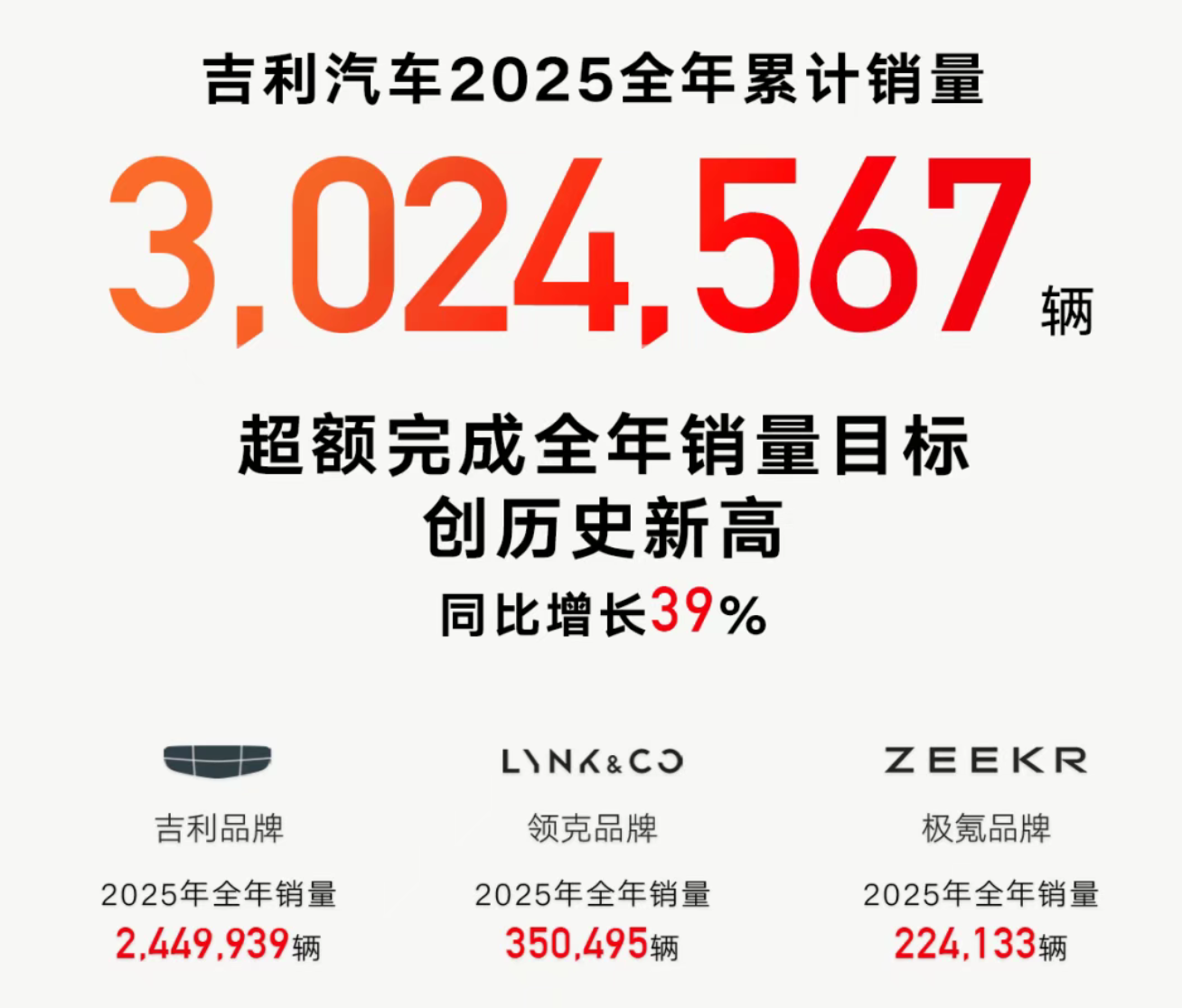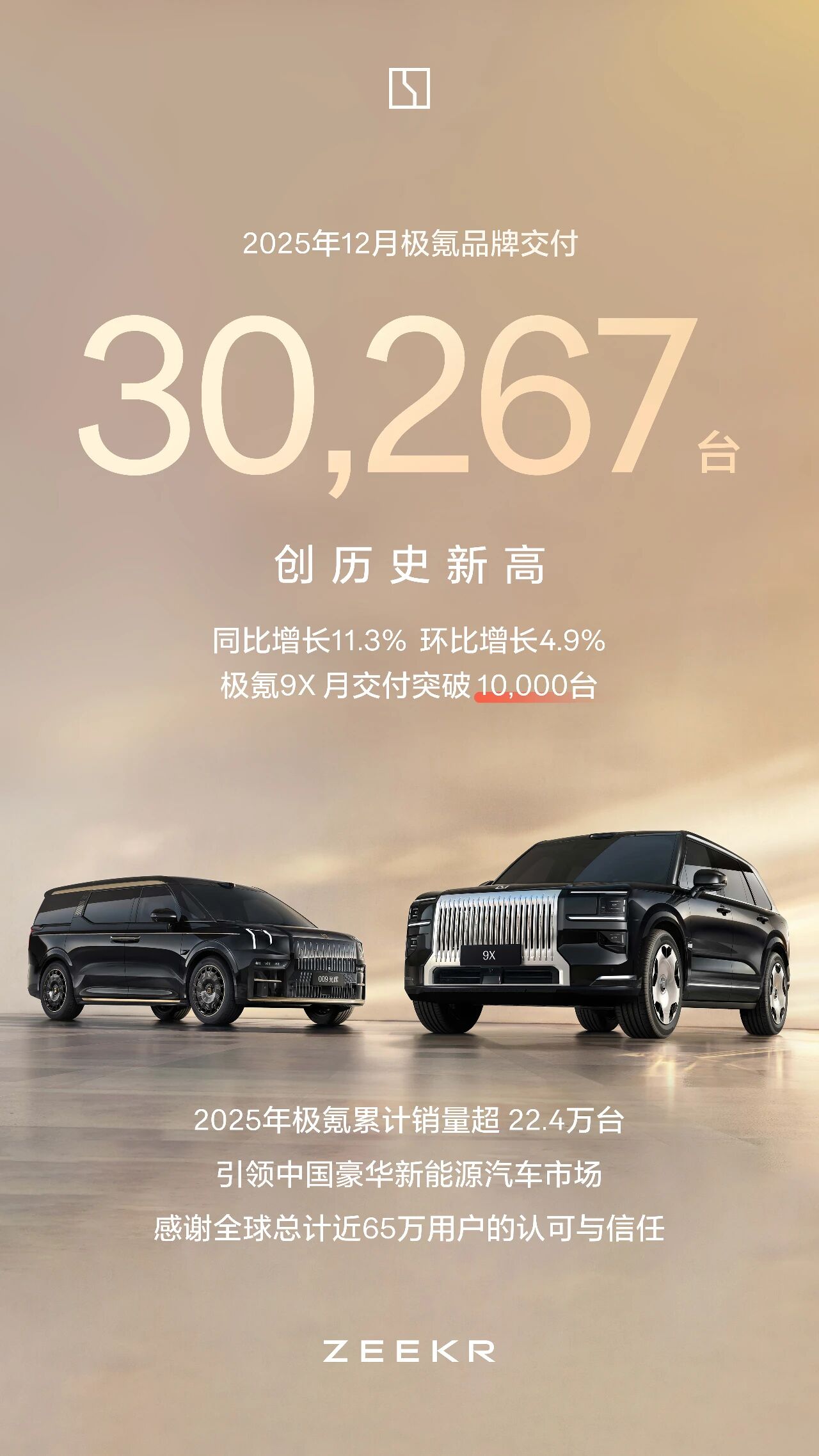 Gasgoo.com: Please compare the long-term technology development trends of the light-vehicle powertrain system in China and that in North America, Europe, among other regions.
Gasgoo.com: Please compare the long-term technology development trends of the light-vehicle powertrain system in China and that in North America, Europe, among other regions. Philip Gott: In terms of the mid-long range development trends in powertrains in China, North America and Europe, I see them in the very long term very similar. The question is what they are going to focus on and when. If you take the very long term view, you'll find out the divided market in any part of the world. You'll have short distance urban vehicles, which will be primarily battery eclectic; you'll have long distance vehicles, which will be primarily then conventional internal combustion engines - diesel and gasoline. By then the combustion process will undoubtedly be a large of charge of compression emission, but it'll still be a piston engine.
These are still early days in the battery eclectic vehicle. In North America and Europe, battery electric vehicle is going to be competing directly with internal combustion engine vehicles. And without government incentives, without special city-by-city dispensation for the use of those vehicles, they will find it very hard to compete on cost, but primarily on the basis of user friendliness, because the American and European and consumer basically wants a vehicle that's very versatile, that can take them a very short distance, to go to the groceries, to the train stations, metro stations everyday and etc.; but they also want that same vehicle to take them long distance travel.
The electric vehicle today is not a long range vehicle, nor do I personally ever expected it to be a long range vehicle, for the simple reason that: if you look at how much energy is needed to move the vehicle over a long distance, say 600 kilometers or so. The consumer wants to replace that energy to refuel, if you will, in the matter of five minutes or less, and it's literally impossible to do that with the electricity. Forget whether it's a battery or capacitor, or something else that is storing energy, if you want to transfer that much energy that fast, it's impossible. As a long distance vehicle, electric vehicle has a fundamental limitation.
In China what we see is the government, for reasons we discussed at the beginning of this meeting, wants to push battery electric vehicle technology in the local industry for two reasons. One, it's the permanent solution to the air quality challenges China as well as every other city in the world. But more importantly, it is an opportunity for China to develop an industry that is globally competitive without having to compete against 100 years of development of the internal combustion engine, which is gone on in places outside of China. So it's a place where China has an opportunity to lead. And it's not much development work to overcome.
You also have the luxury, if you will, Many of the leading energy storage manufacturers want to set up manufacturing facilities in China. Because you access the inexpensive resources lithium of precious metals for delimitation for Motors, So China is enjoying an inward investment, as well as investments that you want to make on your own to become an equal or dominate player in this technology.
I think the commercial interests in North America and Europe will keep funding focused on the incumbent technologies (internal combustion engines) there. I think the Chinese industry will enjoy a lot of benefits of that work by buying the technology in through companies such as AVL, Ricardo, RFP, FEV and others, as well as gaining the technology from the joint venture manufacturers western companies have investment here. But I think China's own industry with a lot of help from government will make major investments, relatively speaking, much more money will be invested by the Chinese in battery electric and hybrid as a transition technology than in the conventional powertrains. So you have this evolution where China is betting on the long term success of battery electric vehicles, to become an industry that is a major player on the world stage in those technologies which is the technology in the future.
Number 2 to address the energy and air pollution issues, that challenges the Chinese industry today, that's we discussed the reduction on dependence on imported oil with local source of coal, nuclear, wind energy, and solar. Well, before it is fully replaced by alternative energy vehicle, how do you think the technical trend, prospected internal conventional combustion engine? I'll look back the history. History is a very good teacher. If you look at the marine industry - what you see the best and most advanced sailing ships, some of the global records are still hold for sailing ships built in the late 1800's, that was after the invention of the steam engine and steamship. We see the same things happening here, is that the internal combustion engine, while enjoys more than 100 years of development, still has a way to go. It seems now that the epitome of the gasoline or diesel engine is homogeneous charge compression ignition. It's a low temperature combustion process ignited to the heating compression as with the diesel, but the promise is very low emissions, particularly of soot, and nitrogen oxides sides. It promises very high levels of operating efficiency over most duty cycles, similar with what you get in diesel today. So that is the long term trend, and it's probably the finalist embodiment of the pistol engine, because it's relatively clean from the at least pollutants we understand today to be harmful, but we start with any promises of very high efficiency. So it could be cheaper than a diesel engine, but meets the most stringent emission standards, let’s say Euro 6. Or US been 2, or 3. so it's cheaper than the diesel engine to meet those standards, and it offers a diesel like efficiency, and has the potential to run on even diesel or gasoline.
Gasgoo.com: China was scheduled to implement State 4 (similar with Euro 4) emission standards from the year 2010, but the time may be postponed, because many Chinese manufacturers find it very difficult to meet the standard. What's your opinion on that?
Philip Gott: Well, it's sort of vehicles that US, or European manufacturers want to throw. It's one thing that the technology exists, I have to buy that technology, buy fuel injection technology from Bosch, or Bosch licenses, buy catalytic convector from any one of these several manufacturers, suppliers, and so on, and so forth, but it's not just the matter of adding the new equipment onto the engine. As the emission standards have evolved, so have engine manufacturing technologies, the whole machining, or machining tolerance is holding things to tens of thousands of millimeters in terms of the position, the surface finish on cylinder walls, the middle age in piston range, all those things can contribute to the overall performance of the engine especially in terms of emissions. I can understand the manufacturers are finding out that it's not just the matter of buying the know-how from the European and American companies. It's a matter of implementing new, very precise, very high quality manufacturing techniques onto my existing production lines, which may in fact mean that I need to just throw away all my capital equipment, and it's not that all, especially here in China. I don't know, I'm speaking, the total manufacturing investment the Chinese have made. But I will be willing to bet that what the manufacturers are finding is that they can't just build on the technology onto their existing engines and meet the standards, that the fundamental machining and control of tolerances within the engine after being improved, in order to meet the standards in the cost effective manner. So I think Their request for delay is understandable. I guess it's up to the negotiation between the industry and the government as to how they want to play this off, because it's very hard to invest the new technologies, battery electric, and focus on that, as well as investing new manufacturing techniques to equipment, and getting it up running, to meet the emission standards, and also to improve the criteria to meet export challenges, and… you can see the things on "to do list" for the industry is growing, much faster, so it's totally understandable situations, It's a part of the learning process, and a part of the process that the European and American industry went thought as well. So I think it's sort of a natural outcome, all of the challenges the Chinese industry face between the natural desire of the Chinese manufacturers and the Chinese government. These are very aggressive goals, because the Chinese industry wants to develop quality and export capable products of global scale, which in itself is a formidable challenge.
But on the other hand, it's hard to disagree with the standards; it's a matter of responsibility to meet those standards. Now the question is: what do you want to do first? All the things are around the "to do" list, what's the priority? That's for the argument. No one can expect the industry to do it all at once. Chinese industry is perhaps in a better position than that of the western countries' in terms of this, because the whole industry is relatively young, with less legacy challenge. How do and why we obsolete the equipments, and make the good business case for all of that? But having said that there still are existing production lines which maybe obsolete by the new emission standards. Advice to the Chinese industry is while you are planning in Euro 4, you should also be making investment necessary to meet Euro 6, because it is common sooner or later; as you want to export to Europe, you are going to meet it any way. So from a fundamental manufacturing point of view, consider yourself how you are going to meet Euro 6 standards in your investment strategy, that way when you are actually asked to release products of that standard, you would be ready.
Gasgoo.com: Can you talk a little more about the electric vehicles from both the industry and consumer perspectives? Many consumers said they are ready and willing to buy electric vehicles.
Philip Gott: Firstly of all, it's well known that if you ask the consumer what they will do. They usually are wrong. Consumer thinks my next car would be Electric car. Well, they think the technology is good, and government is behind… Yes, I'll buy electric car next time. But when they get to the whole thing, maybe not half of the consumers who said yes are actually going to buy one. For the daily work in city, the electric vehicle is fine, but for long distance travel, you can buy a gasoline or diesel vehicle, but you can't plug-in. People that say they are going to buy an electric vehicle are very optimistic, and once they research, they will find the electric vehicle is not suitable for how they use the vehicle today. If they are thinking of a replacement for the conventional vehicle, as a second car, or a car only takes them to work, for urban use, that's a different story. If driving in a city is what they are only used for, it's fine. But our study suggests to us, you have a much divided market, on the one hand, you have conventional combustion engines, diesel, gasoline, and probably HCCI by then, and another is urban electric vehicle. I'm not doubting there will be development in batteries -- I think there will be a lot of development to batteries. We're really just beginning to see the first wave of truly advanced batteries now. There will be more to come, they will address a lot of the problems, but they won't address the problem of recharging time, and where can I plug-in.
If you say we are going to have a massive market for electric vehicles, the things that are really unable is that the development of a charging infrastructure, and a smart grad. Anybody who asks a question about the growth of the electric vehicle without asking the government and the utilities. what are they going to do about the charging infrastructure and smart grad? They are only asking the half question, because you need to answer both of these because you know the gasoline engine in the turn of last century and early 1900's was hindered by a lack of refueling stations.
To be green doesn't mean to be much abler. What we need to look at is how the electric infrastructure is going to rolling out. We are studying right now the evolution of electric vehicles, and making grad on two questions: how would the vehicles be involved, will it ever meet; what percentage of the needs of the consumers are going to meet, and how would the grad roll out? Part of the grad is what's the fuel, what's the impact of CO2 in mufti-national energy balance, the other part is business grad in the charging infrastructure unavailable to consumer have the vehicle utility that they want. Remember it's not just a question of having a plug available; it's a question of charging for that. You could put your credit card in the machine, or maybe some RMB bills in charge of certain amount. But the sophisticated grad will charge you to a credit card mechanism, you get this bill at home, and you pay at home.
Another question is these are not electric capacity that I can plug-in at any time. We all know If you plug-in at night when most lights are off, the electricity demand is down, you can plug-in electric vehicles at night'- it's no problem. But what about in the middle of afternoon when all air conditioning are running, lights are turned on, and the factories are going full operating, if everybody plug-in then, who else are going to go out?
We have all of these things that have to happen, in order to be able to have a large number of electric vehicles. Now in fact there have been 200,000 vehicles that are going to blow a lot of lights. But if you are really looking at the development of the market, those are the questions you have to ask. And they have to come all together -- it's not just looking at the vehicle, it's looking at the vehicle and the infrastructure to support it, just the same way as we talked about the Euro 4 emission standards. It's not just having the technology, it's having the manufacturing machining to go on, and oil quality.
Gasgoo.com: When will the total cost of using an electric vehicle be equal to that of using a conventional vehicle?
Philip Gott: Any new technology is always more expensive. Again, the internal combustion engine is enjoying 100 years of economies of manufacturing scale and know-how for whole vehicles. if you talk about the pure EV, specially Now the batteries are notoriously expensive, but I do foresee the day when fuel are getting more expensive, when the consumer is going to take in more business-like approach to the vehicle and look at the entire life cycle costs, and the governments will step in to encourage us to do the right thing, then the cost would not be an issue in that kind of future.
The true cost of the technology will come down. I doubted they will ever get to the cost parity with the equal performance of internal combustion engine vehicle. I don't think the eclectic vehicle has to be equal, I think it would be an urban vehicle, it would be more like a Smart in a Mercedes, it would be more like a Ford Fiesta rather than a Lincoln Town. No one ever says that the cost of those two are comparable, how can one be successful? (They are both successful.)
And the governments are going to step in to encourage the use of electric vehicle where it is appropriate to do so. At the end of the day, every body should work on cost, and cost would come down. I don't see cost being a major issue in the long run, because I think other factors will overtake the situation.
Gasgoo.com: From the technology point of view, what's the major hurdle hindering the commercialization of electric vehicles?
Philip Gott: I have to say that our research is not complete in this area so far. But what we've seen so far is that people are still looking at the individual components of the vehicle -- looking at the battery, looking at the electronics, looking at the powertrain, all separate items, then they're looking at providing the heating and cooling for the passengers again as a separate system. That's natural as you begin to develop a new technology.
But I think what's needed is to look at the entire vehicle as a system. For example, batteries in power electrics are inefficient, they generate heat, but heat is a source of carbon heat. People say electric vehicle would never be successful, could you have to heat it, and it takes ex kilowatts a lot of battery power in a shortest range. All which is true, but they are not taking into account that the way we see available for both the vehicle, so I say, I need to heat the kilo on my gasoline car, and I'm going to have a separate gasoline,engine now recognizing that there is a 30%of the energy is wasted in the gasoline engine in terms of heat, that's perfectly adequate source of canopy.
Battery thing is to be cool, in summer times as do with power electronics. I maybe need to have a cooling system for that, making that one system a little bit larger, to cool a carbon is a lot more efficient to having two systems in the vehicle -- one to cool the cabin and one to cool the powertrain. again the system design. What we find is that in the survey we took last year, every vehicle manufacturer in China, every one of them, said, when I do with a battery electric vehicle, I won't need a transmission. And I question them, because there is a switchboard in operating and electric motor, just like the mechanism in our greening internal combustion engine, you have a transmission, you can better control the operating range of the motor. What I argue is not cost effective, but you just look at the motor. Then let's look at the battery, everybody said I don't need a transmission, because an electric motor produces a lot of torque at zero speed or very low speed, I can do the whole duty cycle without a transmission, the vehicle performs just fine. Yes it does, but the currency are very high when the motors deliver high torque, battery is still not like high currency. Power electronics get very expensive when they do high currency…all I've extended my battery life; I brought the cost of my power electrics down. Now where is the trade off, how many speed of the transmission, what's the cost of the transmission, how much money have I saved in the power electronics? how much battery capacity have I saved, or extended the life, extended the operating costs, versus the costs of transmission? those are the things to be done, no one is working at that yet, because we are still struggling in the individual components.
I think the major hurdle at the end of the day is system design. And we are not there yet, because we are still trying to make the best battery, still trying to make the best motor, still trying to make the best power electronics, to figure out the air conditioning system., Quite frankly, a lot of people who are doing this work are none traditional automotive suppliers. if you go to the Geneva show, picture a electric car, many of the component suppliers listed on car are not the traditional automotive supplier.
.................
Phil Gott is the Director of Automotive Consulting at IHS Global Insight. Phil brings over 30 years of automotive industry advisory experience to IHS customers worldwide, offering insights into the future of automotive technology and markets, identifying competitive advantages and developing targeted business strategies to achieve significant business returns.









